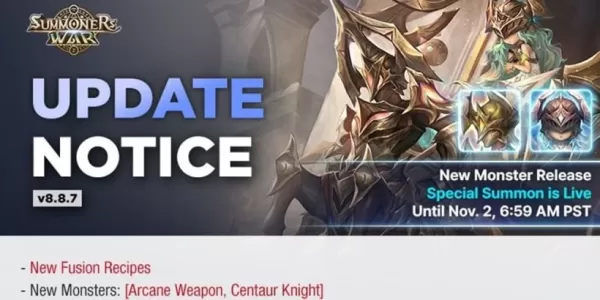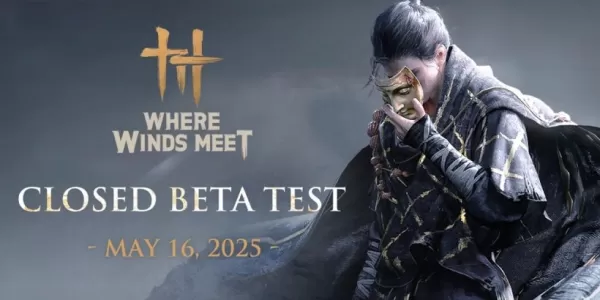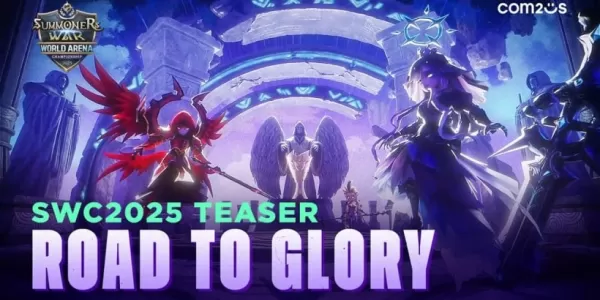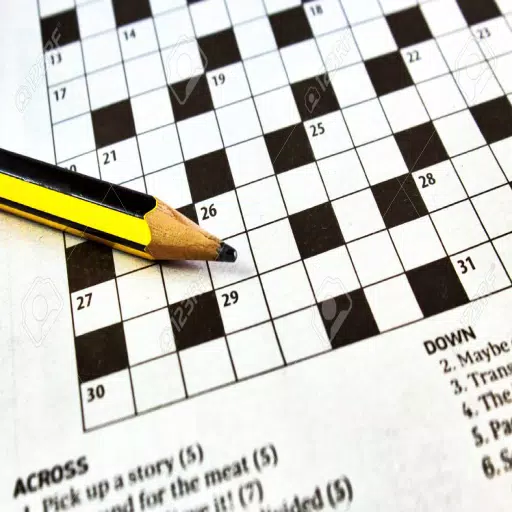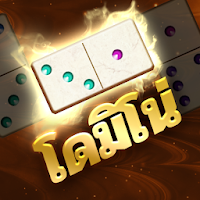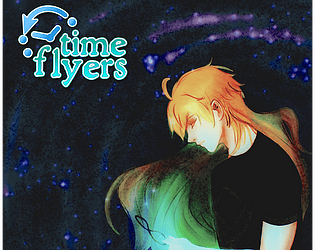One of the most iconic moments in the Assassin’s Creed series unfolds early in Assassin’s Creed 3, when Haytham Kenway assembles his team in the New World. Players initially believe they’re following a group of assassins, given Haytham's use of a hidden blade and his charismatic demeanor reminiscent of Ezio Auditore. He plays the part of a hero, liberating Native Americans from prison and confronting British redcoats. However, the revelation that Haytham is a Templar comes as a shock when he utters the phrase, “May the Father of Understanding guide us.” This twist exemplifies the series' narrative potential at its best.
The original Assassin’s Creed game introduced the fascinating concept of tracking, understanding, and eliminating targets, but it lacked depth in its storytelling, with both Altaïr and his targets lacking personality. Assassin’s Creed 2 improved upon this by introducing the more iconic Ezio, yet still fell short in developing its antagonists, notably Cesare Borgia in Assassin’s Creed: Brotherhood. It wasn’t until Assassin’s Creed 3, set during the American Revolution, that Ubisoft truly fleshed out both the hunter and the hunted, creating a seamless narrative flow from setup to payoff. This game achieved an unparalleled balance between gameplay and story, which has yet to be replicated in subsequent titles.
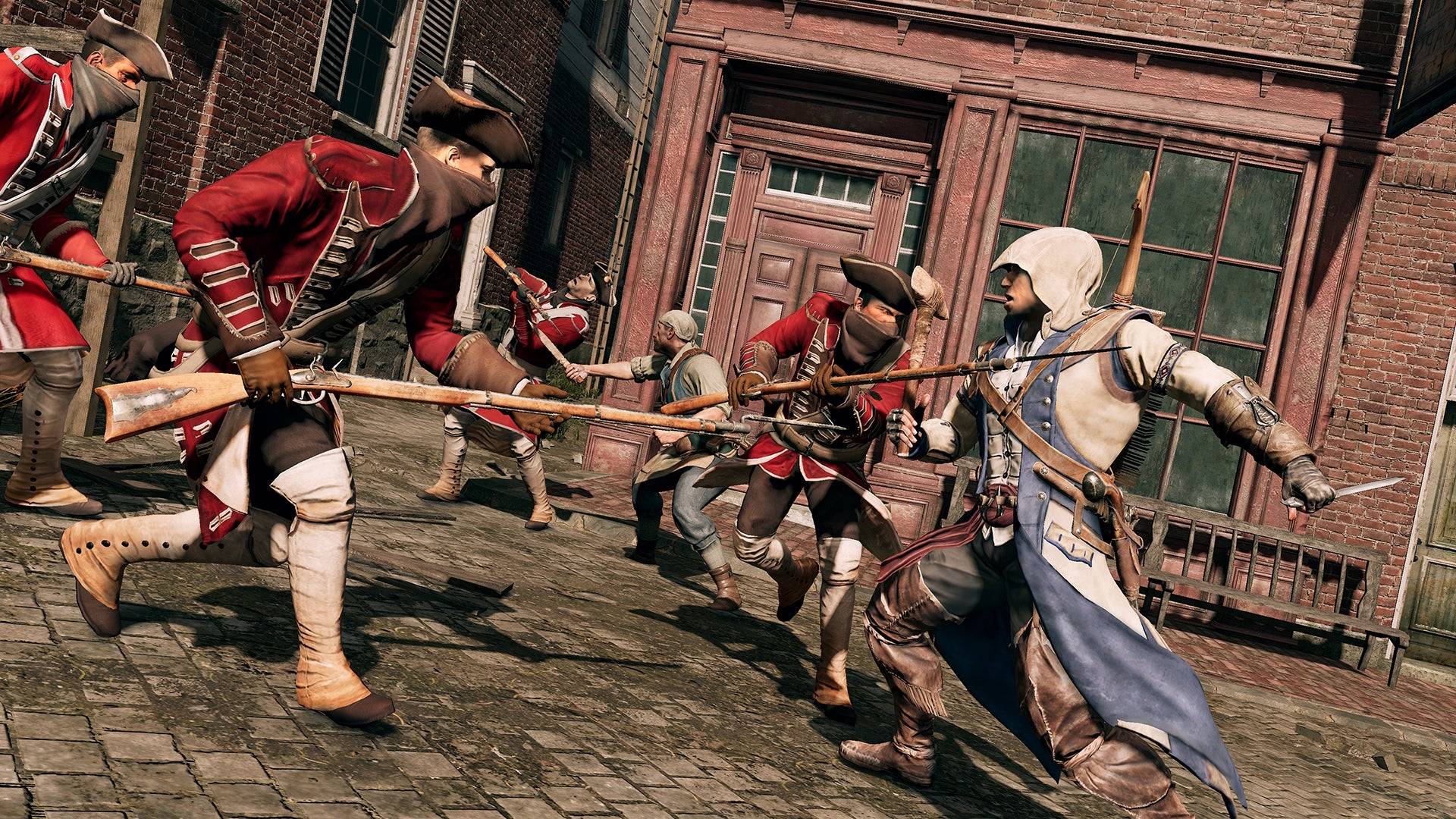 While the current RPG era of Assassin’s Creed has been well-received, many fans and critics argue that the series is in decline. The reasons for this are debated, with some pointing to the increasingly fantastical elements like battling gods such as Anubis and Fenrir, while others criticize the introduction of romance options or the use of historical figures like Yasuke in Assassin’s Creed Shadows. However, I believe the true cause of this decline is the shift away from character-driven storytelling, which has become overshadowed by the expansive sandbox environments.
While the current RPG era of Assassin’s Creed has been well-received, many fans and critics argue that the series is in decline. The reasons for this are debated, with some pointing to the increasingly fantastical elements like battling gods such as Anubis and Fenrir, while others criticize the introduction of romance options or the use of historical figures like Yasuke in Assassin’s Creed Shadows. However, I believe the true cause of this decline is the shift away from character-driven storytelling, which has become overshadowed by the expansive sandbox environments.
Over time, Assassin’s Creed has evolved from its action-adventure roots to incorporate RPG and live service elements, including dialogue trees, XP-based leveling, loot boxes, microtransactions, and gear customization. Yet, as the games have grown larger, they've begun to feel more hollow, not just in terms of repetitive side missions but also in their storytelling. While Assassin’s Creed Odyssey offers more content than Assassin’s Creed 2, much of it feels less polished and immersive. The scripted, focused narratives of the earlier games allowed for well-defined characters, unlike the broader, player-driven interactions that can dilute character development.
This shift has led to a sense of interacting with generic NPCs rather than complex historical figures, a stark contrast to the rich writing of the Xbox 360/PS3 era. Memorable moments like Ezio’s defiant speech after defeating Savonarola or Haytham’s poignant final words to his son Connor showcase the depth of character that has been lost:
“Don't think I have any intention of caressing your cheek and saying I was wrong. I will not weep and wonder what might have been. I'm sure you understand. Still, I'm proud of you in a way. You have shown great conviction. Strength. Courage. All noble qualities. I should have killed you long ago.”
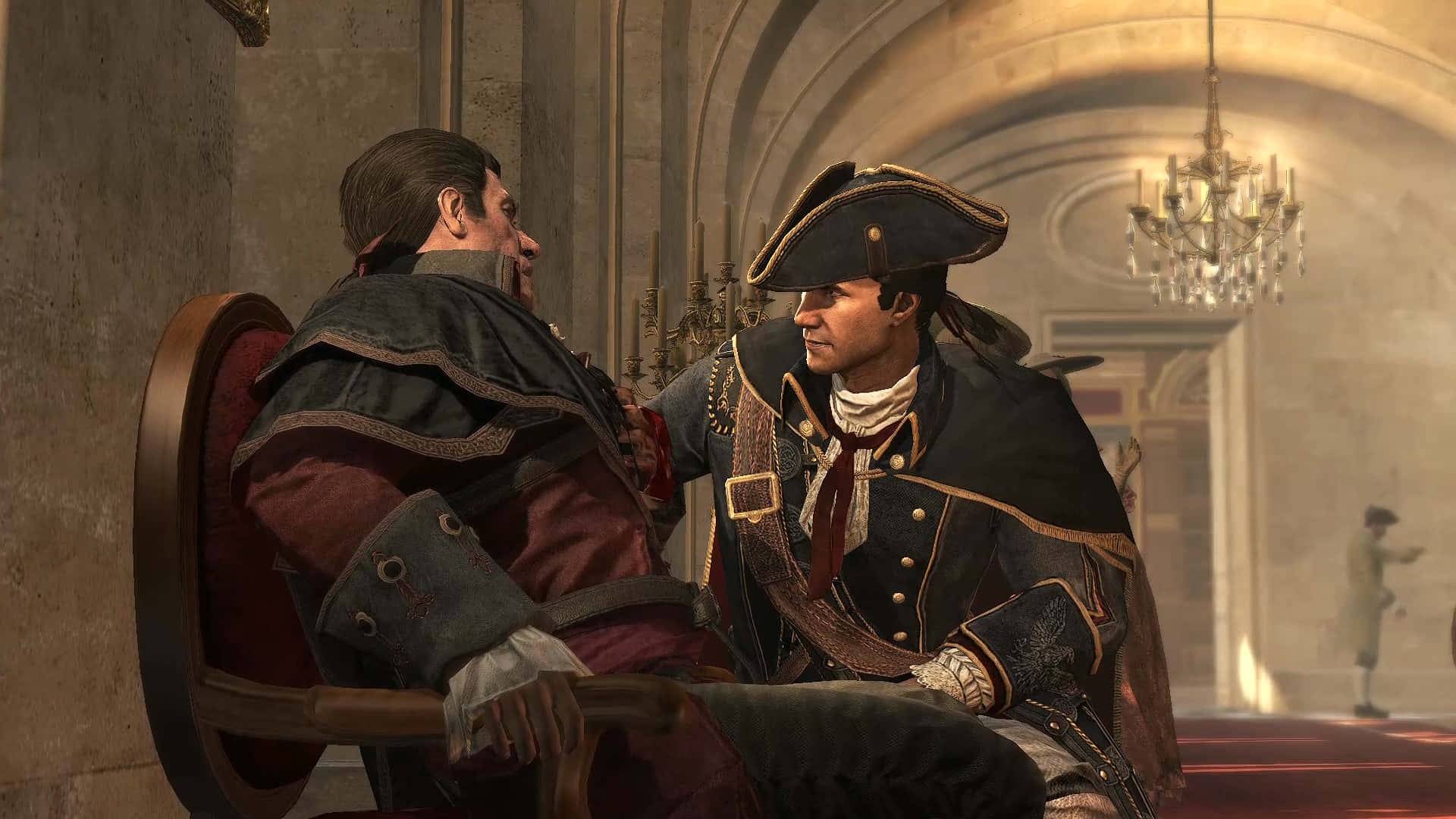 The narrative approach has also shifted from the nuanced portrayal of the Assassin-Templar conflict to a more simplistic good vs. evil dichotomy. In Assassin’s Creed 3, each Templar’s dying words challenge Connor’s beliefs, prompting players to question the morality of their actions. William Johnson suggests the Templars could have prevented the Native American genocide, Thomas Hickey criticizes the Assassins’ idealism, and Benjamin Church argues that perspective shapes reality. Haytham himself undermines Connor’s faith in George Washington, hinting at the potential despotism of the new nation. This complexity leaves players with more questions than answers, enriching the story.
The narrative approach has also shifted from the nuanced portrayal of the Assassin-Templar conflict to a more simplistic good vs. evil dichotomy. In Assassin’s Creed 3, each Templar’s dying words challenge Connor’s beliefs, prompting players to question the morality of their actions. William Johnson suggests the Templars could have prevented the Native American genocide, Thomas Hickey criticizes the Assassins’ idealism, and Benjamin Church argues that perspective shapes reality. Haytham himself undermines Connor’s faith in George Washington, hinting at the potential despotism of the new nation. This complexity leaves players with more questions than answers, enriching the story.
Reflecting on the series’ history, the track “Ezio’s Family” from Assassin’s Creed 2, composed by Jesper Kyd, became the series’ theme due to its emotional resonance. The PS3-era games, especially Assassin’s Creed 2 and 3, were fundamentally character-driven, with “Ezio’s Family” evoking Ezio’s personal loss rather than just the game’s setting. While I appreciate the expansive worldbuilding and graphics of the current Assassin’s Creed games, I hope the franchise will return to its roots with focused, character-centric stories. However, in today’s market dominated by sprawling sandboxes and live service models, such a return might not align with business strategies.

